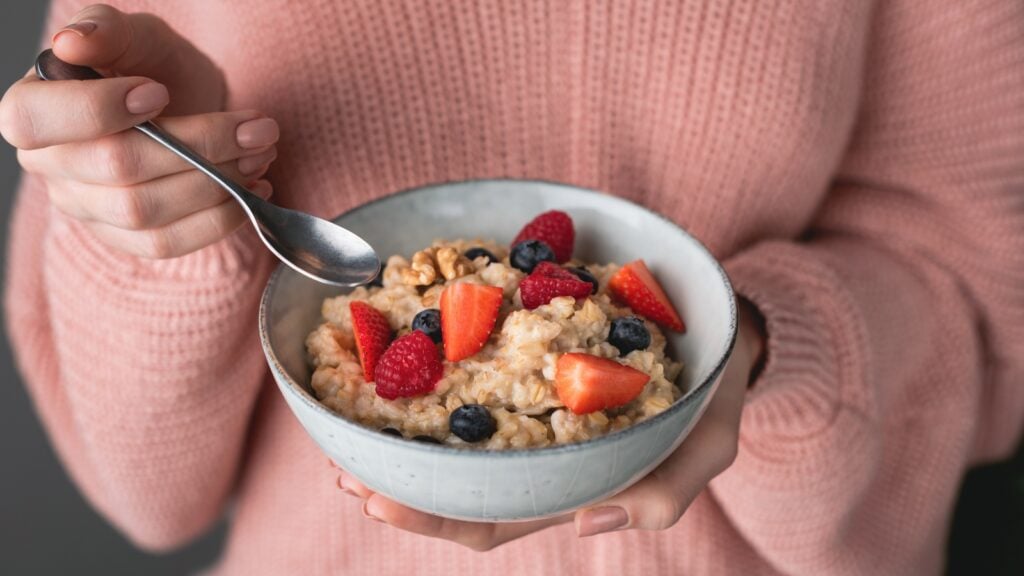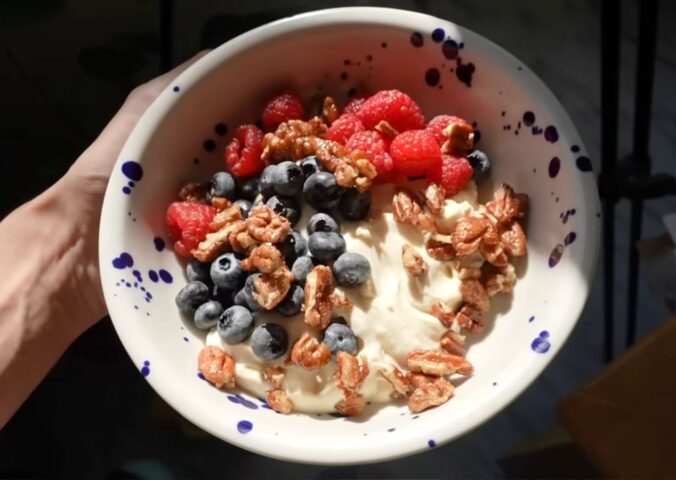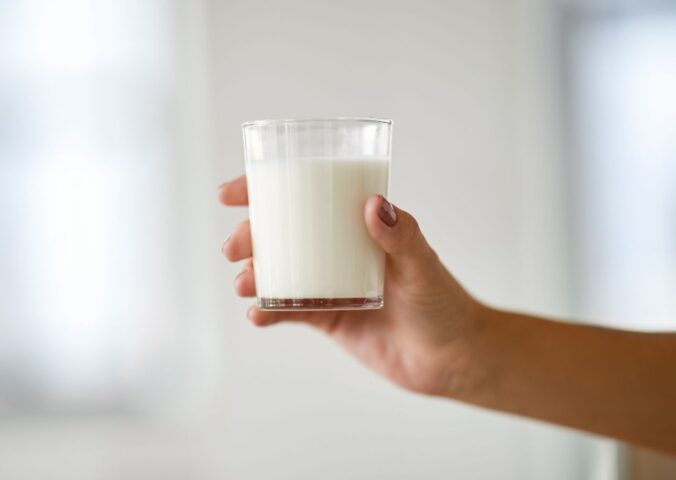According to the ancient world, vital parts of our soul reside inside the gut and in other essential organs. The ancient Greek and Roman theories may not have been strictly true, but our guts are certainly home to billions of fungi and bacteria.
The thought, at first, may not seem as pleasant or poetic. But this concoction of microorganisms plays a fundamental role in preserving the wellbeing of our gut and entire body. In fact, a healthy gut can have an array of mental and physical benefits.
Here, Westfield Health takes a look at the importance of gut health while also highlighting the possible signs of ailing intestines and what foods could help restore their wellbeing.
Why is gut health important?
By “gut health,” we tend to refer to the overall wellbeing of our gut and digestive system. This may sometimes be easy to forget, but the digestive system is arguably the most crucial system within the body.
It is responsible for absorbing all the different nutrients that organs and systems need to function correctly. Not only that, but it also takes care of any rejects and waste, making sure they find their way out of the body.
The gut also fuels the body and can help protect it from unwanted “invaders.”
Research has shown that there is a strong connection between bacteria in our guts (in the colon, specifically) and our immune system.
Gut bacteria are able to teach the immune system to spot and recognize both benign and harmful microorganisms. This is particularly useful, as it means that our immune system will not flare up if it comes across innocuous microbes. Instead, it will identify true “threats” and intervene accordingly.
A healthy gut can also positively affect our mood and mental wellbeing. In fact, the gut produces around 90 percent of our body’s serotonin, a neurotransmitter that impacts our social behavior, mood, appetite, and sleep.
A well-nourished gut can work wonders on our general wellbeing; if everything is working as it should inside the intestines and across the digestive system, we are more likely to be in good spirits.

Signs of an unhealthy gut
As mentioned, a healthy gut and its microorganisms efficiently carry out a myriad of positive functions. So it is no surprise that if – for instance – there is an imbalance in gut bacteria, overall health could be negatively affected.
But how do you recognize the signs of an unhealthy gut? Here are a few symptoms to look out for:
Upset stomach – A stomach ache can sometimes be the result of poor digestion. In fact, an unbalanced gut finds it harder to process nutrients and eliminate waste. From bloating and heartburn to diarrhea and constipation, there are many signs that could indicate an unhealthy gut.
Digestion issues – If you suffer from specific food intolerances, you will struggle to digest certain products. This could be caused by the poor quality of bacteria inside the gut. Food intolerances can trigger unpleasant effects, such as nausea and abdominal pain.
Sleep loss – As explained, a significant percentage of the body’s serotonin is produced in the gut. As well as impacting our mood, this hormone can also regulate and aid feelings of sleepiness. An unhealthy gut may find it difficult to generate serotonin, which can eventually contribute to disturbances such as poor sleep or insomnia. In the long run, limited sleep can also lead to persistent fatigue.
Migraines – Research suggests that there is a link between gut health and strong headaches. People who suffer from frequent migraines are more likely to have gastrointestinal problems too.
Skin irritation – From acne and psoriasis to eczema and skin rashes, skin conditions and irritation can conceal poor gut health. Eczema, for instance, can be the result of an inflamed gut. Food allergies or poor diet can cause the “leaking” of certain proteins into the body, which can then irritate and affect the wellbeing of our skin.

How to feed your gut
There is no denying that the symptoms of an unbalanced gut can be rather unpleasant. If you are struggling with consistent pain and various collateral effects, make sure you visit your GP. In some rare cases, issues could require surgery. To avoid lengthy NHS waiting times, you may want to consider investing in a private health care plan, but be aware that most policies won’t cover pre-existing conditions.
There are also some other simple steps you can take to restore the health of your digestive system. One way to help your ailing gut bacteria is to eat the right food. So what should you add to the menu?
Fiber – Good gut bacteria love plant-based foods and fiber. Whether it is fruit, vegetables, whole grains, or nuts, an abundant intake of fiber will feed your bacteria and keep your guts healthy. A diet that is low in fiber can increase bloating and wind.
Extra-virgin olive oil – Choosing extra-virgin olive oil over other fats will massively favor the wellbeing of your intestines. In fact, extra-virgin olive oil contains a large quantity of microbe-friendly polyphenols, which do your gut the world of good.
Probiotic food – Probiotics are naturally found inside the gut and have a range of digestive benefits, such as helping irritable bowel syndrome. Live yogurts (there are plenty of dairy-free versions available) are a great source of probiotics and can actively encourage more good gut bacteria to develop.
Avoid processed food – Highly processed food should be avoided whenever possible. These often present ingredients that increase “bad” microorganisms while suppressing “good” bacteria.
From keeping the body energized to uplifting our mood, a healthy gut can have a significant number of benefits on our wellbeing. We hope this article offers you an insight into how to nourish your good bacteria and how to spot any potential signs of an unbalanced gut.






